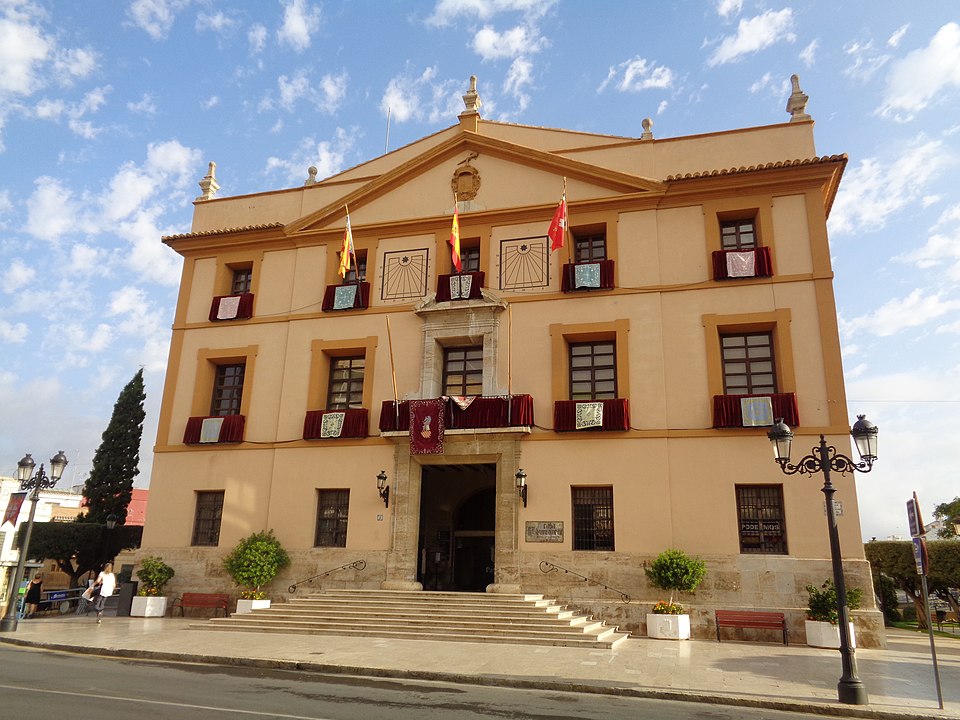In grave 114 in the cemetery of Paterna almost two hundred people lie interred. They were executed by Franco’s troops after the Spanish Civil War, between 9 May and 28 June 1940. Now, some eighty years later, the remains are being exhumed from the mass grave.
The victims were lined up against the wall, shot and thrown into a hole in the ground. The wall in Paterna, also known as the Paredón de España, is one of the places where most of the executions occurred.
Dignified farewell
The association of relatives of grave 114 has only 70 members. After a DNA match, they can collect the remains of their relatives to give them a dignified goodbye. The remains for which no relatives are found are placed back in coffins in the grave. David Coronado is doing everything he can to keep this number to a minimum. He is voluntarily chairman of the residents’ association and goes looking for relatives of the deceased.
Culture grave
Grave 114 is also called the culture grave, because farmers, journalists, publishers, judges and politicians are buried there. After some research, historian Vicent Gavarda compiled a list of the names of those who were shot. Coronado started his search for next of kin on the basis of this list.
He started with the victims from the Valencian village of Cheste. “I know the village. And families have always continued to live there, which made the search easier,” he says. He also tries to trace the families of the deceased via social networks, the internet and with the help of the municipality.
Reunification after eighty years
This is how he ended up with the Fortea family through an acquaintance. José Fortea was executed on June 18, 1940. As so often, he was hardly talked about in the family. “The subject was taboo. We knew he was in Paterna, but not in which grave. We also didn’t know that the excavation had already started,” says niece Cristina Fortea.
The 88-year-old Fina, daughter of José Fortea, can still remember the visits to the prison well. Every week she and her mother stood at the gate to bring her father food, but they were not allowed in. She never saw her father again. “I can’t remember his face anymore,” she says sadly. But she is very happy that her father will be reunited with her mother after all these years.
José Morell was also executed on June 18, 1940. His children, Consuelo and José, were then two and three and a half years old, their mother 22. Morell was imprisoned for over a year and then sentenced to death. “We were pleasantly surprised when we got the call. We knew he had been shot in Paterna, but not that he was being exhumed,” Consuelo said.
‘A matter of human rights’
Coronado likes to do this job. “It is a matter of human rights. It is important to be able to say goodbye to a loved one,” Coronado said. The town of Cheste has even agreed to hold a ceremony during the handing over of the remains to the families. The excavations will continue for several months. Meanwhile, Coronado tirelessly continues his search for next of kin in the hope of finding as many matches as possible.
New law
The death toll during the Spanish Civil War is staggering. But even after that period, tens of thousands of opponents of the Franco regime were executed by firing squads or put in concentration camps where they died of disease and starvation.
The new Law on Democratic Memory was approved by the Spanish government on 20 July 2021. This is the first time that the glorification of Francisco Franco and his decades-long dictatorship in Spain has been banned by law. Under this law, many more mass graves will be opened and victims identified at the expense of the government.


